News
-
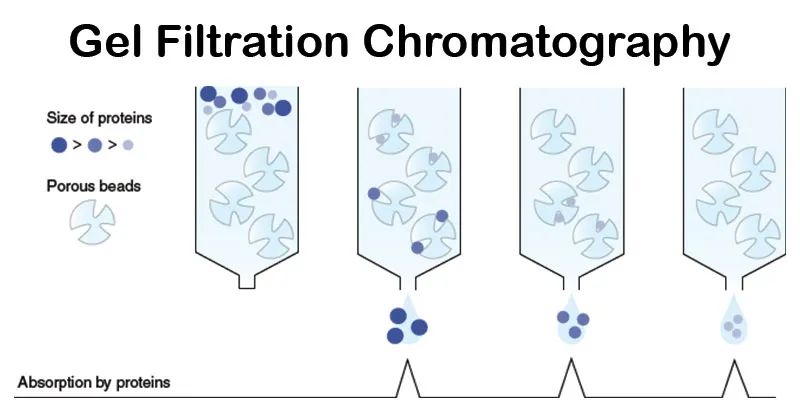
Top 9 methods for protein purification
Protein isolation and purification are important operational techniques widely used in biochemical research applications. There are many protein purification methods, and uHPLCs has summarized the top 9 commonly used methods. Chromatography was applied to the separation and extraction of phytoc...Read more -

Are acetonitrile and water mutually soluble under all conditions_
Acetonitrile is a common organic solvent. In reversed-phase liquid chromatography, acetonitrile-water acts similarly to methanol-water and is often used as the mobile phase. Acetonitrile is a polar solvent, similar to methanol. It is generally accepted that acetonitrile can be miscible with water...Read more -
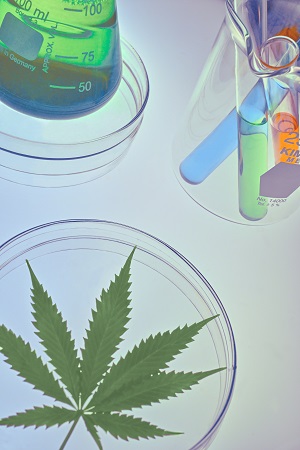
How can I improve HPLC peak shapes and enhance separation_
A good separation is closely related to the accuracy of the quantification. “Yesterday’s separation was not very good. The mobile phase needs to be adjusted again!” Does this sound familiar? Adjustment? How? If you don’t know how to prepare a suitable mobile phase, please ...Read more -
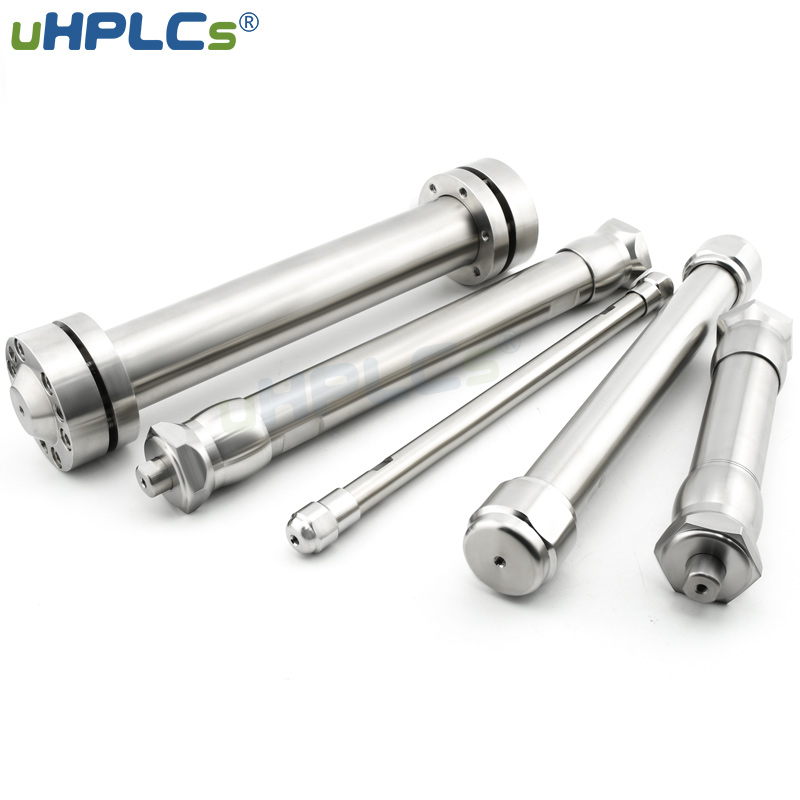
The effect of improper use of buffer salts on chromatographic columns and solutions!
Buffer salts are often used to adjust the pH of the mobile phase during chromatographic analysis. Improper use of buffer salts can increase column pressure, decrease column efficiency and change the retention time of compounds on the column. 1) Elevated column pressure Cause: Improper use...Read more -
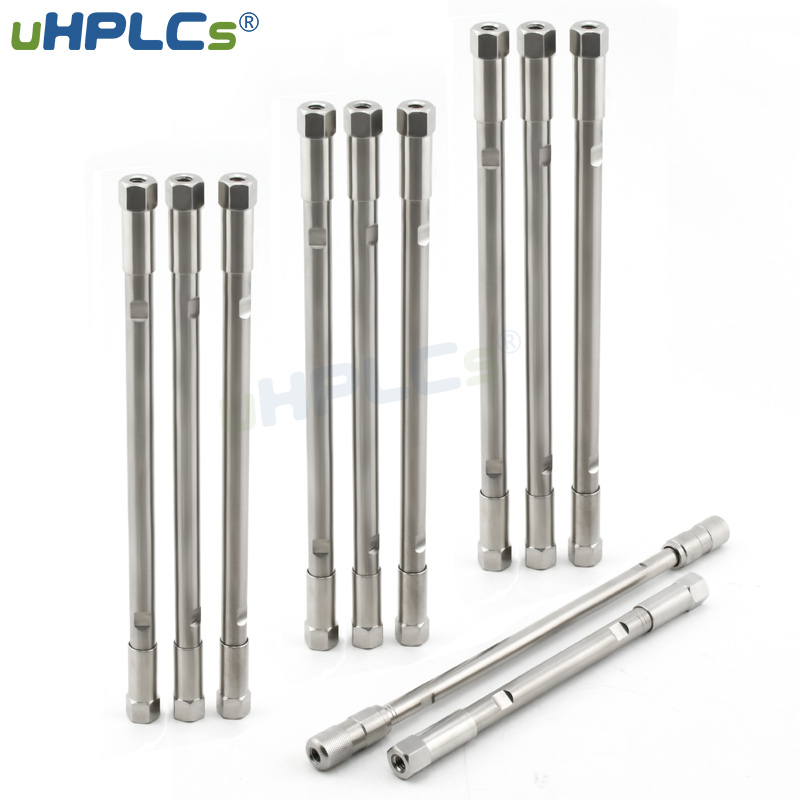
How to ensure good column performance and longevity? In just 3 simple steps!
In high-performance liquid chromatography (HPLC) systems, the column is one of the core components. Proper use of the column ensures that the analysis is carried out efficiently and sensitively and plays an important role in extending the column’s life and maintaining long-term stable worki...Read more -

Why wine is aromatic_
Wine is very common in our lives. Many people love to drink, and “wine is not afraid of the alley,” so why will wine have an aroma? Do you know, today, with uHPLCs to see why wine is fragrant? The purpose of studying wine flavor is to clarify the chemical nature of wine and to solve...Read more -
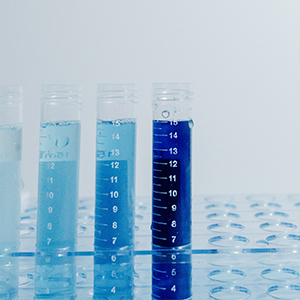
Are acetonitrile and water mutually soluble under all conditions_
Acetonitrile is a common organic solvent. In reversed-phase liquid chromatography, acetonitrile-water acts similarly to methanol-water and is often used as the mobile phase. Acetonitrile is a polar solvent, similar to methanol. It is generally accepted that acetonitrile can be miscible with water...Read more -

Does high-end mass spectrometry help promote Chinese medicine? What’s so great about it_
With the rapid development of science and technology, exploring new analytical techniques and establishing new strategies for analyzing Chinese medicine components are important tools to promote the analytical research of complex components of Chinese medicine. In particular, the development of c...Read more -

Application Examples- How is HPLC used in petroleum and its products_
A range of methods can detect petroleum composition and its products. Still, comparing many methods has led to the conclusion that high-performance liquid chromatography separation and mass spectrometry detection is currently the most effective analytical method and representative of the composit...Read more -

LC, how to do is it not easy to break
Liquid chromatography is a very good instrument for most people to get started. Still, even after several years of use, experienced analysts are accustomed to some improper operations (master taught wrong?), often leading to some instrument failure. A convenient and fast analysis process is imp...Read more -

Chinese medicine intermediates quality standards, how to develop_
In the process of drug development, the quality study of intermediates in the synthesis pathway is an essential link still the most common practice in the industry for the quality control of intermediates is to use the area normalization method for a purity check. The result of such a course is t...Read more -
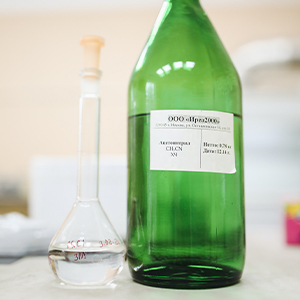
GC vs LC
Compared with gas chromatography, liquid chromatography is superior in the following aspects: (1) Gas chromatography is not applicable to non-volatile substances and substances unstable to heat, while liquid chromatography is not limited by the volatility and thermal stability of the sampl...Read more -
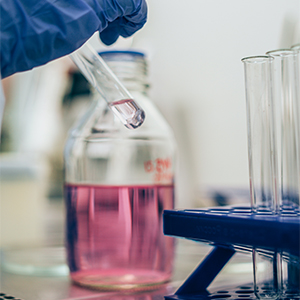
Liquid chromatography sample pretreatment needs to pay attention to!
Sample pretreatment is the process of sample preparation and extraction, purification and concentration of the components to be measured in the sample. Sample pretreatment aims to eliminate matrix interference, protect the instrument, and improve the assay’s sensitivity, selectivity, accura...Read more -
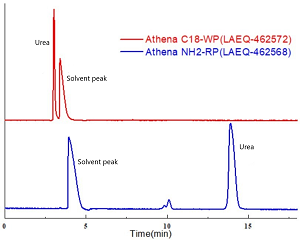
What is the difference between HILIC columns VS normal/reverse columns_
Hydrophilic interaction (Hilic) chromatography appears to be the same as normal phase chromatography in the stationary phase. Can the same column be used for normal phase chromatography and Hilic chromatography? Regarding the mobile phase, which is close to reversed-phase chromatography, what is ...Read more -
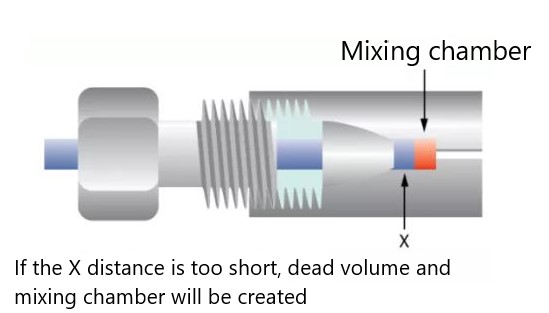
How much do you know about dead volume in liquid phase lines_
All of you guys have heard of dead volume. The larger the dead volume is, the more room for sample diffusion, the easier the chromatographic summit will be to broaden, and the worse the peak shape will be. So how do you define the dead volume, and how to calculate the size of the dead volume? Her...Read more -
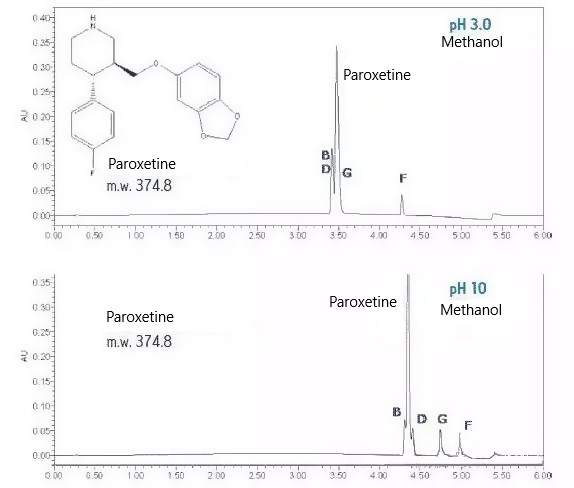
How to make liquid chromatography method development easy_
The development of HPLC methods is usually time-consuming and laborious. A common approach is to use the customary combination of solvents, pH conditions, buffer salts, and commonly used hplc columns as starting conditions and then make a series of adjustments to the mobile phase ratios until a m...Read more -

Buy a new HPLC column, must know the 6 things_
Purchased a brand new HPLC column Because of the high cost of consumables, most students are afraid of how to unpack a new column. Today we will introduce the things to note when unpacking a new column! Note: Since there are many different types of columns, here are some things to note for most o...Read more -
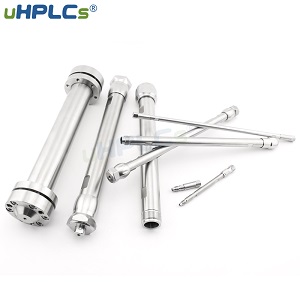
HPLC column aging, what exactly is the focus_
Our customers often ask us about the aging of hplc columns, and Chromatography Academy has done two videos dedicated to aging, and today, we will share them with you. What do we mean by aging? First, we have to define what aging means, and there are two cases. In the first case, aging is ge...Read more -
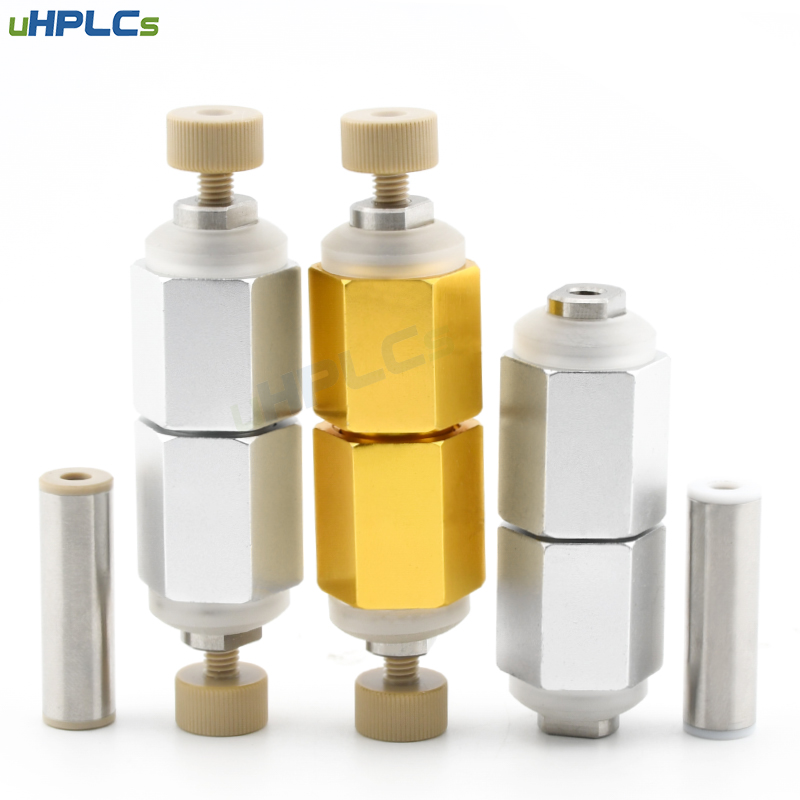
Reasons for ghost peaks and solutions_
What do you mean by ghost peaks? When doing the gradient elution of liquid chromatography reversed-phase system, sometimes we will encounter the situation that the instrument does not feed the sample but also has the peak, affecting the quantitative results. It can also make the analysis impossib...Read more -
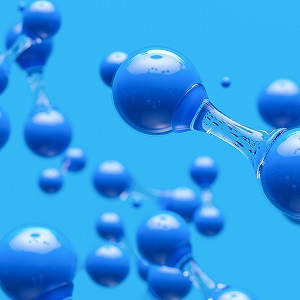
The use and technical characteristics of the preparative liquid phase_
Preparative HPLC is often associated with large capacity columns and high flow rates. However, it is not the size of the equipment and the amount of mobile phase consumed by the system that determines preparative HPLC but rather the purpose of the separation. Unlike the analytical liquid phase, t...Read more





